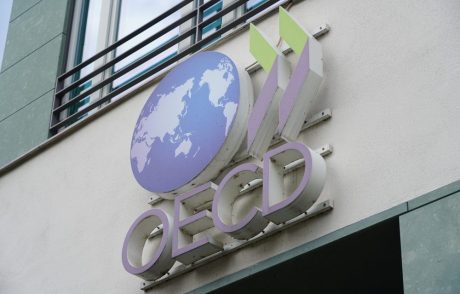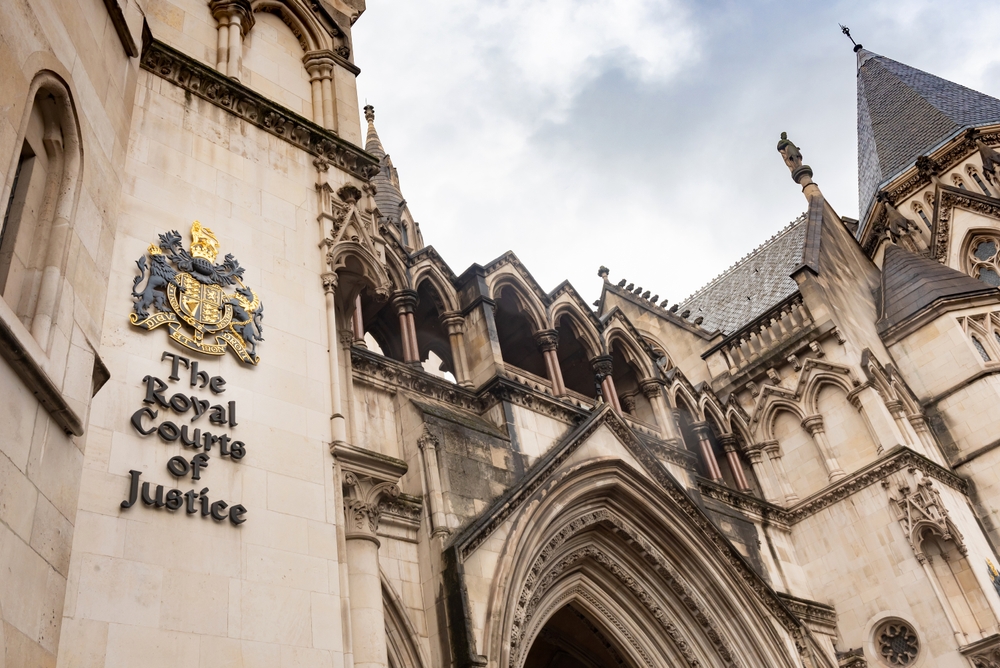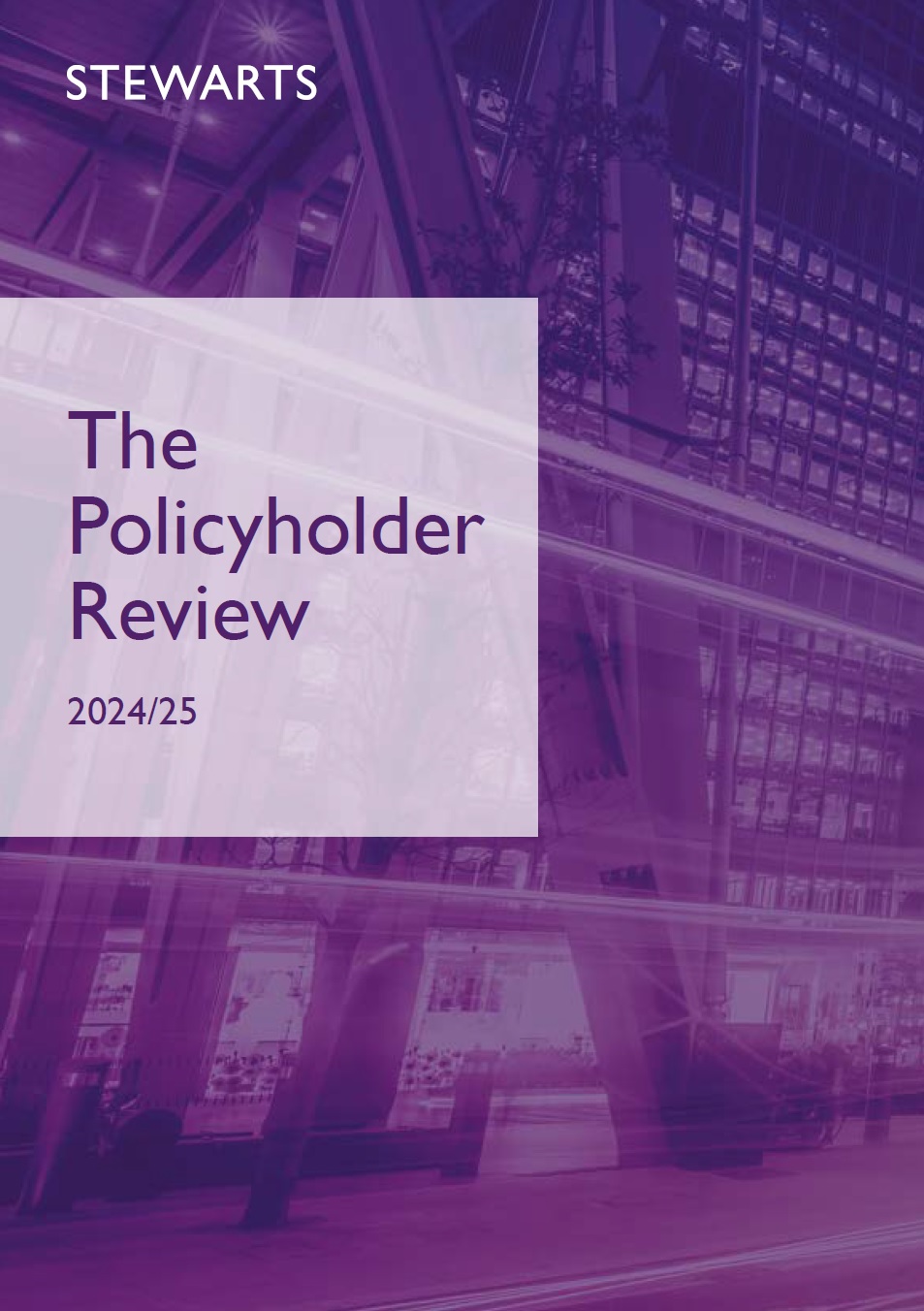In recent years, there has been a rise in environmental, social and governance (ESG) related actions, including parties increasingly participating in non-legal processes to promote behavioural change by companies. One tool in affected parties’ toolboxes is to raise Organisation for Economic Cooperation and Development (OECD) complaints.
In this article, Policyholder Disputes associate Hebe Peck considers the scope and process for making and responding to OECD complaints and what insurance cover companies could turn to when faced with an OECD complaint.
What is the OECD?
The Organisation for Economic Cooperation and Development is an international organisation comprising 38 member countries, which works to improve international policies and standards relating to environmental, social and economic challenges. The OECD publishes guidelines, policy papers and reports dealing with these issues.
What are the ‘OECD Guidelines for Multinational Enterprises on Responsible Business Conduct’?
A key publication by the OECD is its ‘Guidelines for Multinational Enterprises on Responsible Business Conduct’ (the ‘MERBC Guidelines’), the most recent version of which was published in 2023. All 38 OECD countries and 14 additional countries are signed up to these guidelines, which set out expected standards for responsible business for companies operating in their countries.
The MERBC Guidelines cover a range of issues, such as:
- due diligence and disclosure
- human rights
- employment issues
- environmental impact
- bribery and corruption
- consumer rights and interests
- energy transition
- fair markets and competition, and
The MERBC Guidelines are not binding on companies, but instead are binding on subscribing governments, who have a duty to ensure they are implemented and observed.
What are OECD complaints?
To encourage adherence to the MERBC Guidelines, the OECD provides a complaints process. If a multinational enterprise operating in a country subscribed to the MERBC Guidelines breaches the guidelines, an interested party may make a complaint. Complaints are made to National Contact Points (NCPs). In the UK, the NCP is part of the Department of Business and Trade.
Complaints may be made by any interested party regardless of the jurisdiction in which they are located. For example, this might include a community affected by the company’s activities, contract counterparties or consumers, employees or their trade unions, shareholders or non-governmental organisations.
Complaints are tracked on the OECD Watch website. By way of illustration, in 2024, five complaints were made to the UK NCP with the following alleged issues:
- Several banks’ links to human rights impacts through their investments in US private prison operations.
- A mining company’s involvement in forced displacement and human rights abuses in the Democratic Republic of Congo.
- ESG indexes’ investments in companies linked to human rights abuses in Myanmar.
- A bank’s contribution to human rights harms caused by coal power plants in the Philippines.
- Adverse impacts of an energy project on local communities in Senegal.
The OECD complaints process is arguably an attractive forum for complainants as they will bear less cost risk than conducting traditional litigation. In addition, the complaints process may offer a wider range of non-monetary solutions.
What is the complaints process?
The process has broadly five stages:
- Claim filing. The interested party collects evidence to demonstrate the harm and build its claim. Evidence may include witness statements, company policies, scientific test results, journalistic articles or reports. The evidence is accompanied by a written complaint and filed with the relevant NCP(s).
- Initial Assessment. The NCP carries out an initial assessment of the merits of the claim to determine whether the complaint should be accepted and how best to proceed. The multinational enterprise may decide to participate in this process, in which case it may provide a response or clarificatory information.
- Mediation. If the NCP accepts the claim, it will facilitate a mediation/conciliation process to help the parties resolve the issues. Companies can choose whether or not to engage in this process, which may take several months.
- Final Statement. Following the mediation, the NCP will publish a final statement setting out (1) the issues raised, (2) determinations regarding whether the multinational enterprise met the standards of the MERBC Guidelines, and (3) non-binding recommendations for the multinational enterprise to better align its actions to the MERBC Guidelines going forward.
- Follow up. NCPs often publish follow-up statements 12 months after the final statement commenting on whether the multinational enterprise is complying with any agreements reached or recommendations.
How could insurance help?
Although the OECD complaints process is a non-binding, non-legal process, it has a number of similarities to a legal claim. Parties may need to prepare advocacy statements, witness statements, and scientific reports, as well as potentially attend multiple rounds of mediation. Accordingly, the process is likely to be expensive. A key early consideration should be whether there might be insurance cover for the costs of responding to a complaint and implementing a solution (if required).
Several policies may respond to OECD complaints. In particular, we would advise policyholders to consider the following covers:
- Professional indemnity: where complaints relate to actions carried out in the course of professional duties
- Side A and B directors’ and officers’ (D&O): where complaints are being brought against directors and officers of the company
- Side C D&O: where complaints are being brought by shareholders or investors
- Employment practices liability: where complaints relate to employment matters
- Public and products liability: where complaints relate to injuries caused by business activities or products
- Environmental liability: where complaints relate to damage caused by environmental accidents
- General corporate liability and commercial combined, and
- Any industry-specific policies purchased by the policyholder.
The scope of cover available will always be specific to the policy wording. However, it is worth a multinational enterprise involved in an OECD complaint considering whether the costs of responding to complaints would fall within the scope of:
- Defence costs. The complaint is likely to allege a wrongful act in the form of an act, error or omission by the company or one of its directors, officers or employees and seek relief (monetary or non-monetary). It is quite possible an OECD complaint could fall within the scope of a ‘claim’ under a liability policy and there may be cover for the costs of defending that claim.
- Investigation costs. Investigation costs cover is often triggered where there is an investigation by a regulatory or other public authority. There may well be cover for investigations by an NCP.
- Mitigation costs. Mitigation costs may be available where a company takes action to mitigate financial consequences resulting from an alleged wrongful act. Engaging in an OECD process may be seen as a form of mitigation, as it may prevent a complaint from developing into potentially expensive litigation and resolve issues with an affected community more promptly.
For many liability policies, cover may not extend to the costs of implementing a solution or paying damages since the OECD process is a non-legal process and determining legal liability is often required to trigger cover for damages under liability policies. Therefore, for policyholders with mitigation costs cover, this section of a policy may be particularly helpful in providing cover for costs associated with implementing a solution, as mitigation costs can be covered without a finding of legal liability. Defence costs would usually fall separately within the main sections of cover.
Finally, policyholders should always consider what policy exclusions and extensions may apply. In particular, pollution exclusions are common across a broad range of policies and may exclude cover relating to environmental liabilities. Similarly, employment-related liabilities are largely excluded outside employment practices liability policies. In contrast, extensions may well prove helpful. In particular, a common extension in liability policies is cover for public relations costs, which may assist if dealing with the impact of adverse media.
Conclusion
The key takeaway for policyholders is to be aware that they may well have cover for the costs of responding to complaints that fall outside the traditional legal process but which arise from the activities of the company and/or its executives that were intended to be insured. Therefore, a holistic review of the insured’s corporate insurance programme should be conducted when facing such complaints to ensure that the cover purchased and paid for is fully utilised.
You can find further information regarding our expertise, experience and team on our Policyholder Disputes page.
If you require assistance from our team, please contact us.
Subscribe – In order to receive our news straight to your inbox, subscribe here. Our newsletters are sent no more than once a month.






